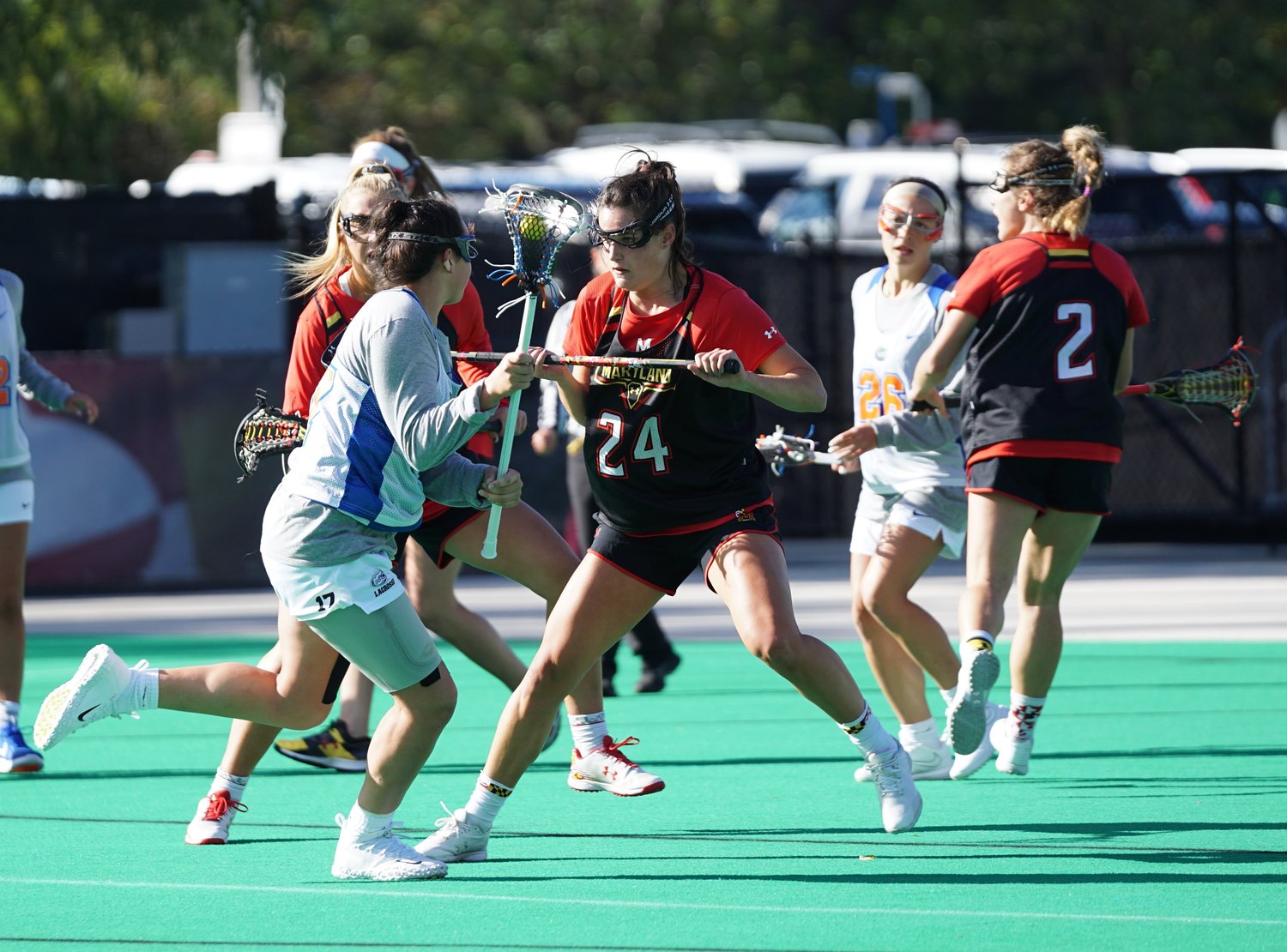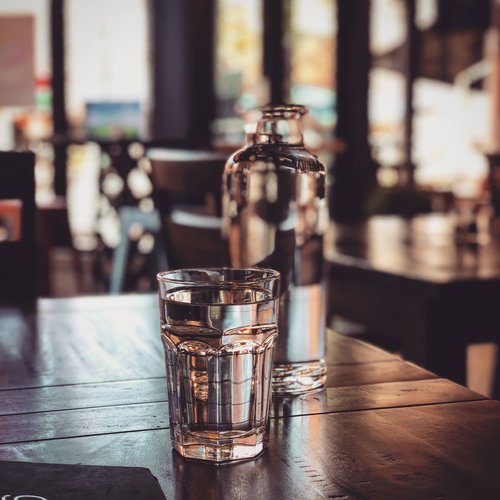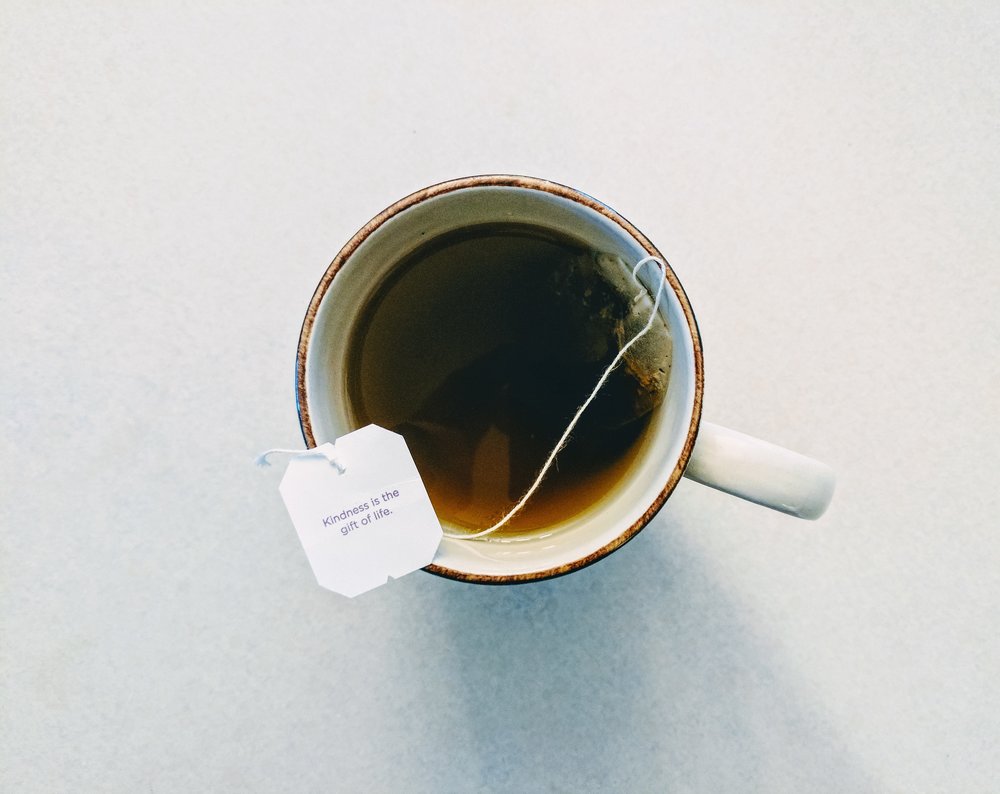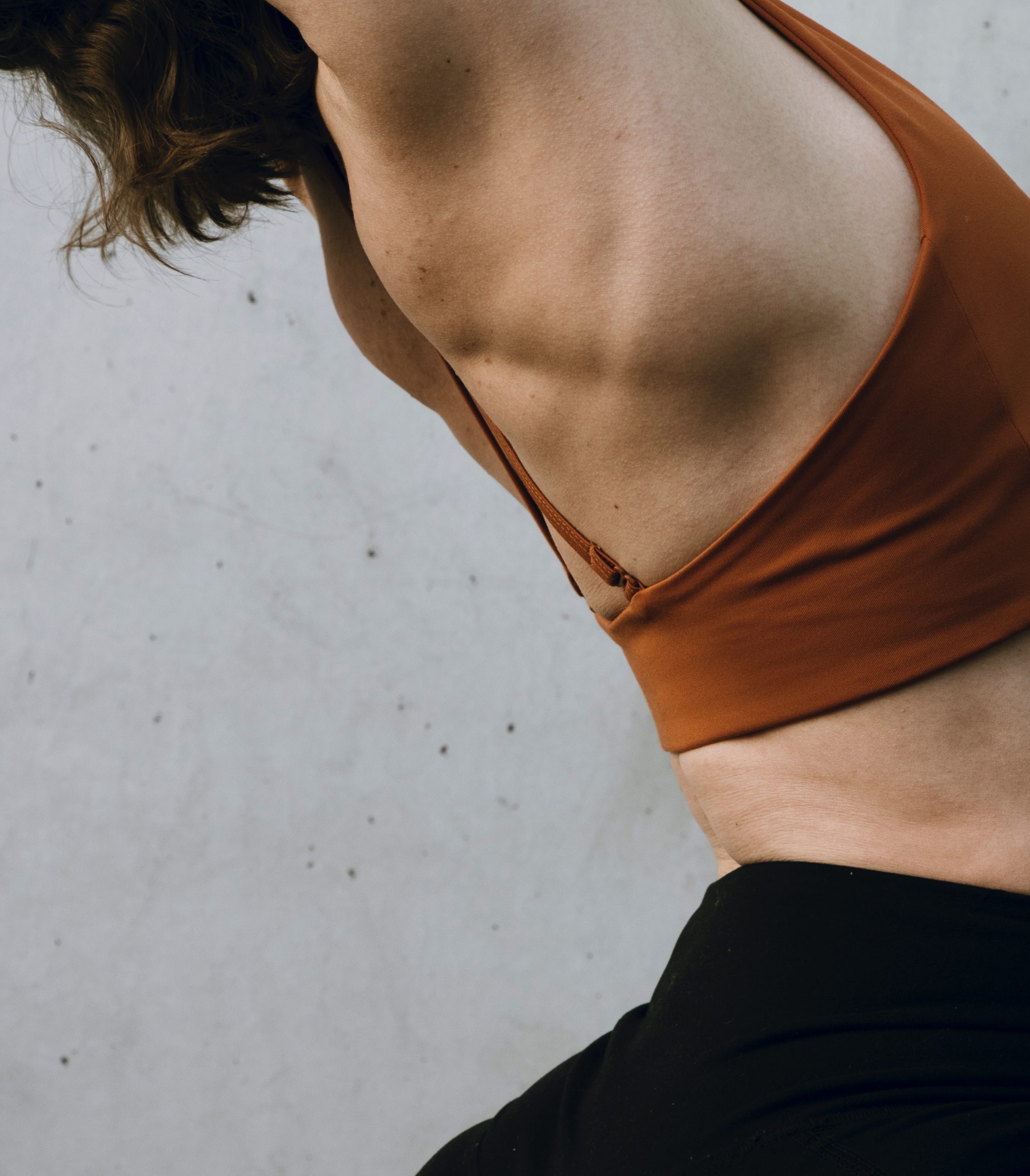It is the second half of the game and your legs and arms are beginning to feel heavy. It is getting more difficult to complete plays and it is obvious that your performance is declining. Some of this may be due to energy depletion and the other is hydration. You soon realize that the last time you took a sip from your water bottle was before competition and you know it was not enough to get you through the day. You begin to feel weak and dizzy and struggle to finish the game. This is not uncommon for athletes. More than 50% of athletes show up to workouts not adequately hydrated.1 The difficult part is that once an athlete senses thirst, it is already too late and past the point of dehydration.
What is Dehydration?
Dehydration is as a result of athletes not replacing fluids lost through sweat.2 Athletes will begin noticing impairments in performance in as little as a 1% loss of body weight (This can be measured by subtracting weight before and after performance. If there is a loss of 1% of weight, you are at risk of dehydration and may begin to experience declines in performance.). A loss of 2% or more is considered dehydration and negatively affects performance.

Signs of Dehydration?
Fluids can be lost through urine, respiratory water, feces (aka: poop) and sweat. Signs of dehydration may include flushed skin, nausea, dizziness, decreased blood flow to organs, irritability muscle and mental fatigue and an overall decrease in endurance exercise capacity. Sweat is mainly made up of fluids and electrolytes. A high sweat rate can cause dehydration. Also, it is important to note that once dehydrated, sweating decreases. Without enough fluids and the ability to sweat, the body is unable to cool itself down as efficiently which increases the risk of heat exhaustion. Also, if there are not enough electrolytes provided to the body, athletes are unable to maintain fluid balance and unable to contract and relax muscles as well as they normally would, which can lead to cramping during performance. It doesn’t end there. Dehydration can cause an increased perception of effort.2 This means that athletes will sense that they are working harder to complete workouts on the field, gym or weight room compared to a being in a well hydrated state.
Why is Hydration important for Performance?
Drinking enough water is essential for physiological processes such as metabolism, temperature regulation and waste removal. Water helps to transport oxygen and nutrients throughout the body. Proper hydration enhances cognitive and physical performance in class and on the field in addition to preventing heat stress and delaying fatigue.3 Being hydrated decreases the risk of injury and helps keep joints lubricated, while dehydration makes joints more susceptible to injuries.4 When it comes to performance, athletes are able to compete longer and train harder when they meet their daily hydration needs.

How much do we need?
For women, at least 2.7 liters (average of up to 11 cups) of fluids are recommended daily.5 Depending on one’s sport, intensity, level of fitness, uniform, health, activity status, sweat rate, environmental temperatures, altitude these needs may need to be adjusted. It is important for athletes to also note that daily recommendations of at least 2.7 liters are recommended outside of performance. It is important to drink fluids during performance too. Making an effort to drink at least 4-8 ounces every 15-20 minutes and alternating between water and electrolyte-enhanced beverages can ensure active individuals are decreasing their risk of dehydration. For those who may not be able to frequently take breaks to hydrate, athletes are advised to begin practice and games well hydrated. My favorite hydration recommendations for athletes includes, water, milk, alternative milks, soups and electrolyte-enhanced beverages. I often get asked if athletes can hydrate with coffee. Coffee in moderation is fine (~up to 2-3 cups), and can even help benefit performance, however, if one is not used to consuming caffeine on a daily basis and does not drink enough water throughout the day, this can increase the risk of dehydration.
Ways to Monitor:
Two common and simple methods of monitoring hydration include, assessing the color of your urine and calculating fluid loss by comparing weights from before and after performance. When it comes to assessing urine color, athletes should focus on being somewhere between numbers 1-2 on any hydration chart. Click here to view the NCAA’s “Assess your hydration” for student-athletes.6
I encourage athletes to aim for “light like lemonade” and not “dark like apple juice” when assessing their urine color. Sometimes color may be deceiving for some as certain supplements can change the color of urine. It is also important to not aim for a completely clear color either, as this can sometimes indicate over-hydration which can cause Exercise Associated Hyponatremia (EAH). EAH is a condition in which sodium levels are low due to over-hydration without electrolytes during long training sessions.4 Although uncommon, it is life threatening and can cause tissue and organ swelling.1 For long workouts, I encourage alternating between water and electrolytes if you know you are a salty sweater and tend to sweat a lot. The goal should always be euhydration, which means to maintain a balance in your hydration status (less than 1% of a gain or loss body mass when comparing between before and after physical activity).

Five Tips to Help you Boost Hydration:
- Aim for a cup of water every hour from the time you wake up!
- Get the whole family or team involved! Encourage members to focus on drinking plain water, dairy/dairy alternatives daily and hydrating with electrolyte-enhanced beverages before, during and after performance
- Carry a reusable water bottle. I recommend 32 oz water bottles– that way you only have to fill your bottle up 2-3 times to meet your minimum daily needs. Don’t forget you need an additional bottle for every hour of physical activity
- To add more flavor to water, add fruits like berries and pineapples to your water bottle.
- Don’t forget that warm beverages like broth, hot water and herbal teas can also help meet your hydration goals
Conclusion:
If not adequately hydrated, athletes can experience a variety of health effects ranging from extreme thirst, nausea, headaches and an increased risk of injury. Athletes also experience a decline in endurance, strength and cognitive performance that can keep them from competing and training at their best. We have provided tips to help you drink more water each day in addition to tools that you can use while out in the field or at home to monitor your hydration status.

